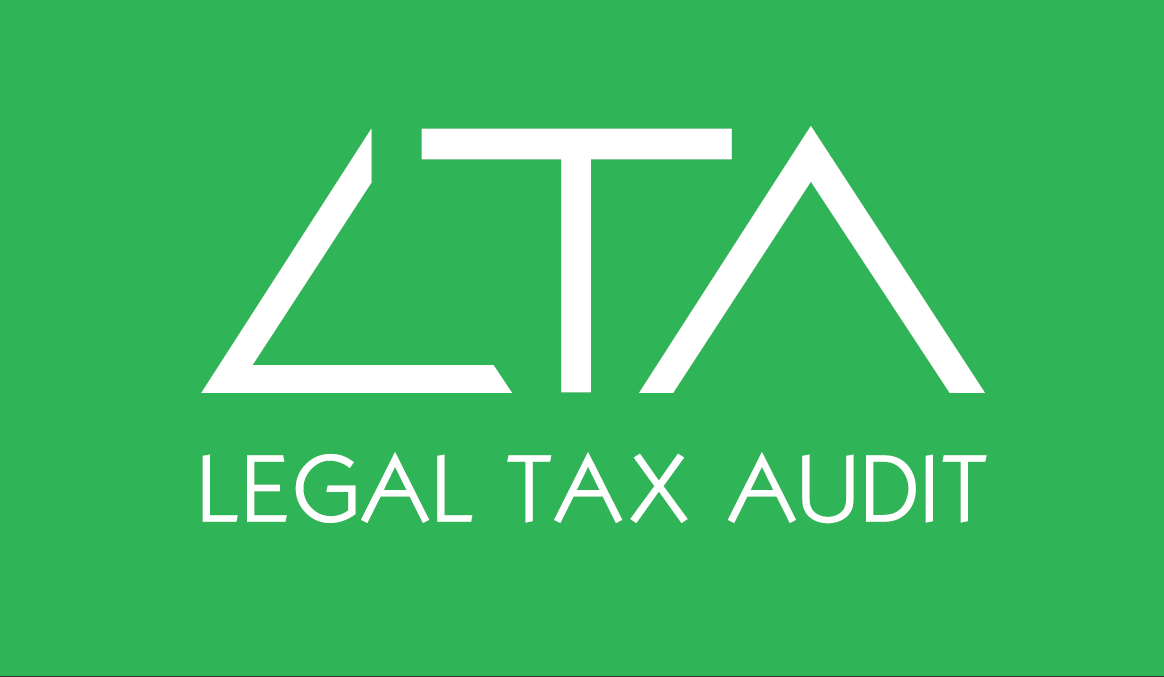Do you know the difference between using a private motor vehicle at the employee’s request and at the employer’s request? When it comes to the amount of reimbursement for travel expenses, it’s BIG.
Because if an employee uses his own (or a vehicle loaned by him) vehicle on a business trip
- with the consent of the employer (for example, because he is not comfortable with taking the train as the original means of transport used by the employer for the work trip and therefore proposes to the employer that he use his own car), he is entitled to reimbursement of travel expenses in the amount corresponding to the price of the ticket for the designated means of public transport; that is, the employee is entitled to reimbursement in the amount of the ticket price, that’s all;
- at the request of the employer (for example, to minimise the waiting time for connecting services or because the need for an overnight stay has been removed), he is entitled to significantly higher compensation. The employee is entitled to basic compensation for each kilometre travelled, plus reimbursement of fuel expenses.
How do we know? Section 157(2) (employer’s consent, i.e. including the employee’s request) and (3) (employer’s request) of the Labour Code say so. At first glance, the difference may sometimes not be obvious, but as you can see, the amounts of reimbursement can be quite different as a result. It is therefore important to have documentary evidence of the conditions under which the employee’s private vehicle was used during the business trip.
If the employee uses his own vehicle on his own initiative but without the employer’s consent, he is not entitled to any reimbursement of travel expenses.


 Čeština
Čeština Deutsch
Deutsch